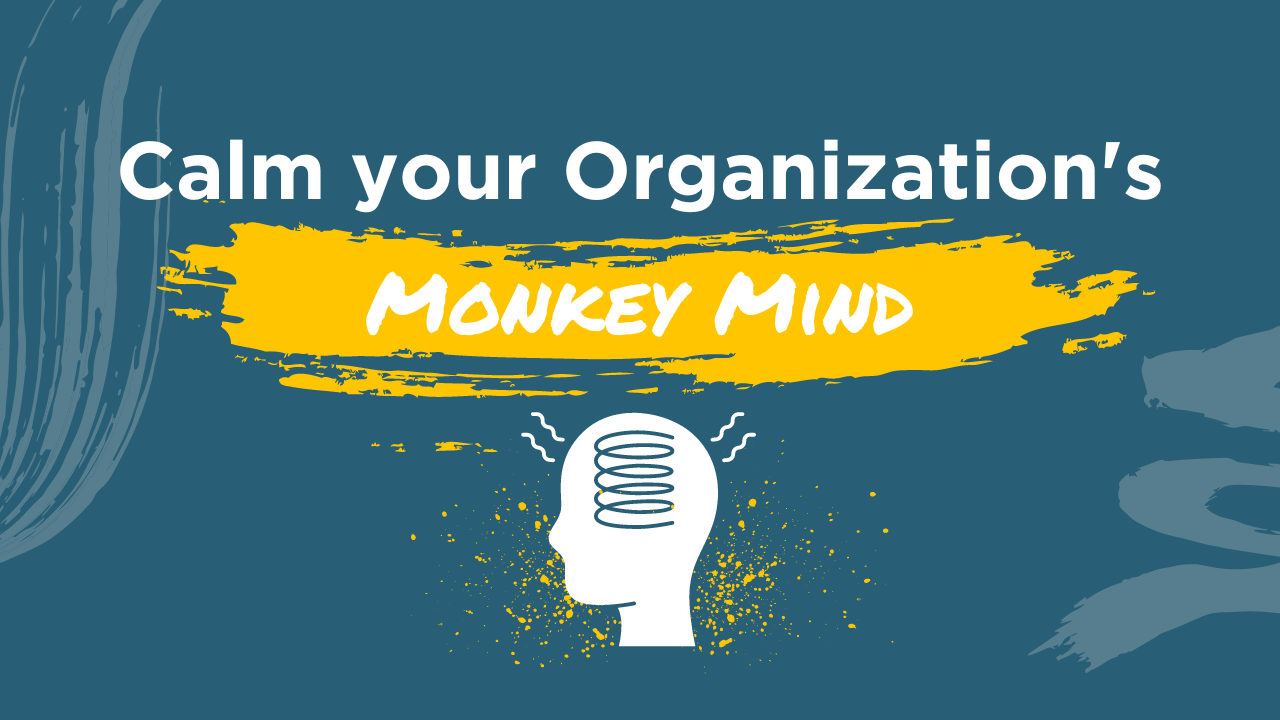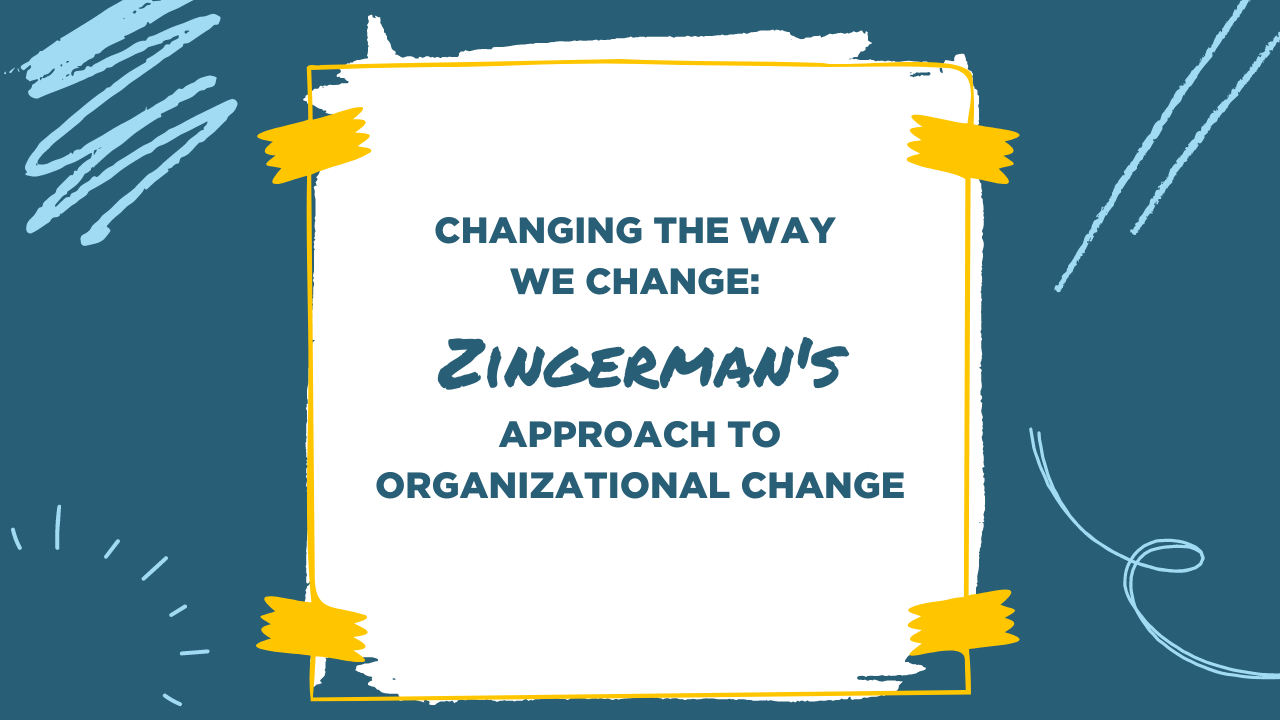Co-authored by Jack O'Riley MiniGames™ are a powerful tool for engaging your team while pursuing an opportunity or tackling a weakness within your company. These short-term improvement challenges drive performance metrics that contribute to the year-end revenue goal in addition to impacting behaviors of your employees. Engaging employees through an incentivized program provides an opportunity to develop your staff and discover their hidden skill-sets. Often times, MiniGames also improve teamwork and employee satisfaction scores. What does it take to put together a MiniGame? Be sure to include these must-have elements when developing your next short-term incentive challenge:
Read More
“A wealth of information creates a poverty of attention.” -Herbert Simon, Nobel Prize winner in Economic Sciences Our current work environments seem to be on a trajectory for greater and greater distraction. We are constantly keeping up with shifting priorities and an explosion of goals, initiatives, projects and trends. Just as mindfulness practice can help you refocus in your personal life, integrating organizational mindfulness into the workplace will help the company advance towards its primary goals.
Read More
Co-authored by Mark Banks If there is one thing I’ve learned in an open-book business it’s that it takes the right attitude to succeed. Recruiting the right players can make or break your team’s performance. Often times when we look to hire folks into our organization or promote from within, we simply look at their skill set, but I believe we must challenge ourselves to look at their attitude.
Read More
The top three reasons people leave their jobs are these: lack of clear expectations, lack of recognition and lack of supervisor’s willingness to listen to them. Even if you don’t believe the numbers you hear, I believe we can all agree that the cost of replacing an employee is significant. In fact, it costs you anywhere between 2 and 4 times that employee’s salary. Needless to say, it is in most people’s best interest (at least financially) to decrease turnover.
Read More
Though he’s referring to baseball, Jim Evans’ stance on tracking metrics can be applied to professional organizations just as they are to professional baseball organizations. Metric tracking is a fundamental process for companies that practice the Great Game of Business. And although it’s an essential part of playing The Game, it isn’t uncommon for companies to find themselves at a loss for whether or not they’re tracking the right numbers (what we would call a Critical Number™). Sometimes company leaders don’t even know where to start tracking!
Read More
Co-authored by Scott Ogeka Without employee engagement, strategic planning can deliver questionable results. This sentiment often exists because companies lack a simplified process and a buy-in from informed employees. High-Involvement Planning is a key element of open-book management at SRC, West Paw Design and many other companies. This process does not require an outside strategic planning consultancy to help your company; instead it is a planning system that works inside the company.
Read More
We hear it over and over again in training – the best way to retain and use information we’ve learned is to practice. And although many participants appear to want to slink under the table when trainers suggest role-playing, it is one of the most effective ways to practice using new skills in a safe setting. To that end, in the Zingerman’s Facilitation class, a quarter of the 2-hour class is devoted to a facilitation role-playing. It’s a chance for facilitators to practice three specific tools they’ve just learned: • Active listening • Summarizing • Interjecting
Read More
If you’ve seen any of the recent research on what motivates employees in the workplace, you’ll run across several repeating items, such as “having the ability to make an impact,” “recognition for a job well done” and “the opportunity to progress in the company.” A motivating and engaging workforce is one way to ensure that you have a team committed to driving the success of your company.
Read More
Most organizations deal with change grudgingly. Change is something we rarely looked forward to, and it’s generally not considered part of the routine operational activity. Rather, it's an exception to it, often about as welcomed as a root canal. Most folks prefer to have as little change as possible, and when it comes up, they grind their teeth and do their best to work through it with minimal pain.
Read More
About Innotec The founders of Innotec, a manufacturer based in Zeeland, Michigan, wove the open-book principles of The Great Game of Business into the DNA of their business right from the get-go in 1992. “We based our organization on the same practices that SRC uses,” says Nick deVries, Innotec’s head of finance. “We want to give ownership and the information needed to make decisions directly to the people doing the work.”
Read More

.png)














.png)




-5.png)
.png)
